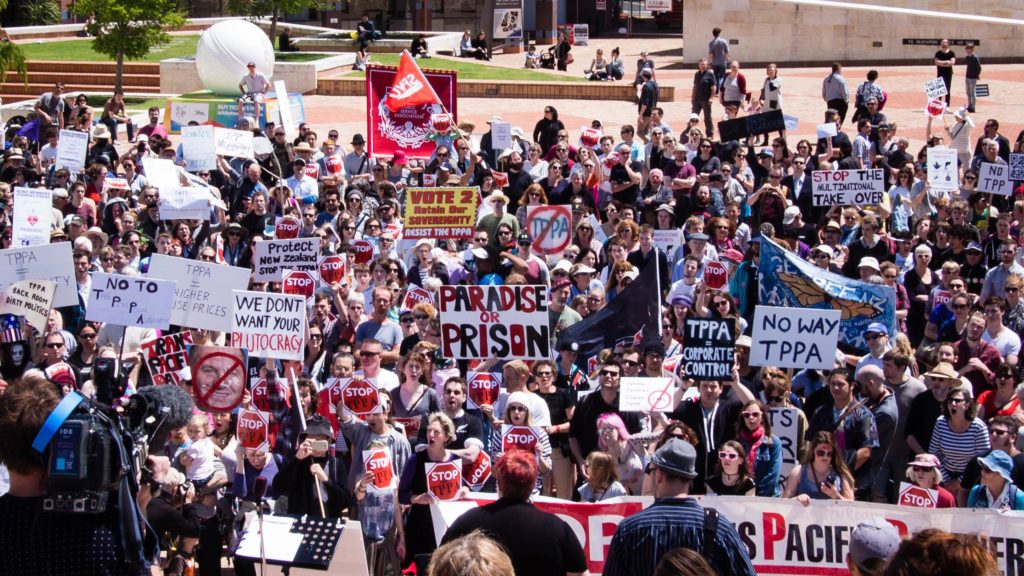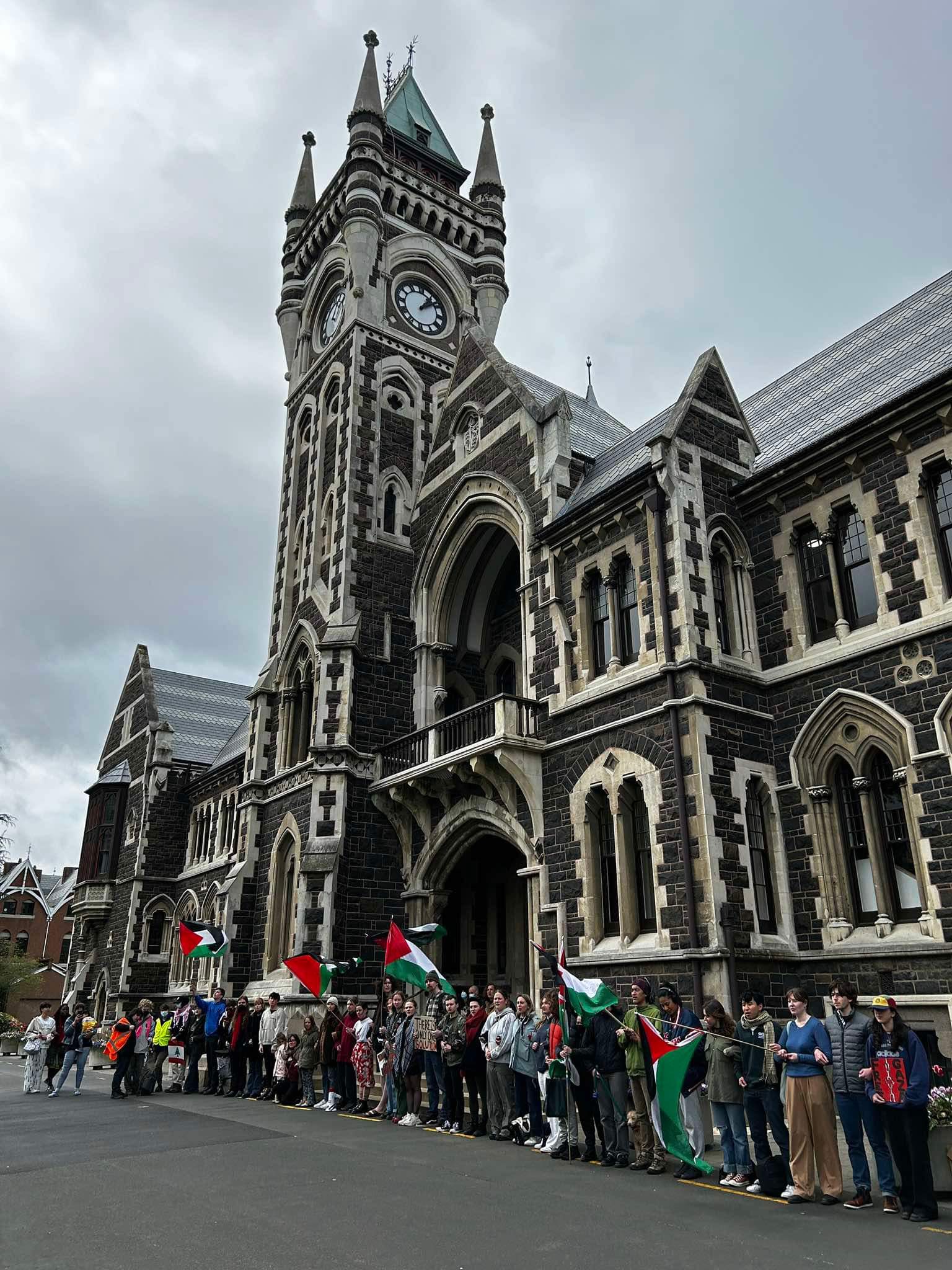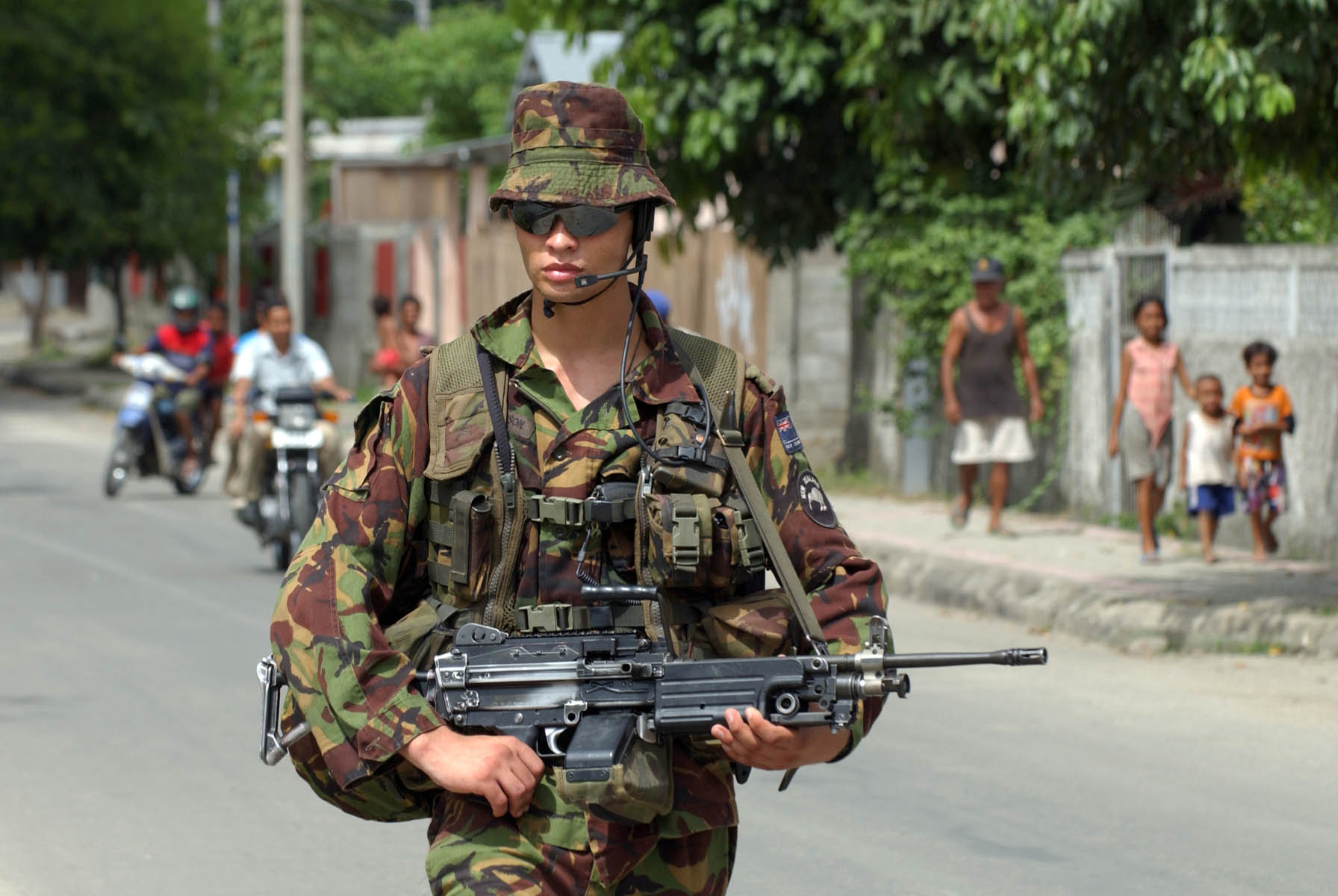The TPPA began life as a proposal for a free-trade pact between four Pacific nations that are relatively insignificant on the world stage: Brunei, Chile, Singapore and New Zealand. The entry of the United States and Australia into the negotiations in 2008, along with other nations transformed the TPPA from a small, regional deal to one of substantial geo-political and economic importance.
DEMOCRACY AND IMPERIALISM
Opposition to the TPPA thus far has been focused almost exclusively on the secrecy surrounding the negotiations and the content of the agreement. It is true that the agreement will negatively impact on the lives and rights of working people in Aotearoa/New Zealand. The negotiations are being conducted in secret but leaked documents show the TPPA could restrict the ability to implement anti-tobacco legislation, result in more restrictive copyright rules and open the door to medicines not approved by regulatory bodies like Pharmac. By increasing the power of large corporations, the TPPA is also likely to have a negative impact on workers’ rights. Negotiations of such importance should not be conducted in secrecy and socialists stand shoulder to shoulder with anti-globalisation activists in demanding a more transparent and democratic society.
To focus exclusively on the impacts of the TPPA on transparency and democracy however, would be to miss the wider context of the negotiations. The US has joined the TPPA primarily for “non-trade” reasons, and it is significant that the agreement does not include the second biggest power in the Pacific – China. Trade is as much a part of international diplomacy as military manoeuvres, and the formation of a US-led trade block that excludes China can only be a recipe for racheting up tensions in the Pacific. Throughout the past year, the US has been busy shoring up its position in the region, establishing new military bases in northern Australia and planning a base for drone operations in the Indian Ocean. The Chinese company Huawei was has been refused broadband contracts in Australia on “security” grounds and heckles have been raised as to the amount of Chinese investment on our side of the Tasman. For their part, New Zealand’s rulers have been eager to get on board – allowing US troops to train on New Zealand soil for the first time in more than 20 years, NZ forces participating in military exercises across the Pacific in return. While none of this means that war with China is imminent, increased tensions are one step further down the road and the increased militarization of society means that democracy will continue to be more restricted and workers will suffer.
NZ CAPITALISM AND THE TPPA
Some sectors of New Zealand capital also stand to make substantial financial gains out of the TPPA. The agricultural sector and New-Zealand’s finance sector in particular have long dreamed of opening up the lucrative US market and stand to benefit from a closer relationship with the USA. It is the interests of these domestic capitalists, not the foreign banks or the WTO that are the driving force behind National’s foreign policy. In fact, NZ capitalists pushed for the election of John Key – a former employee of Merryl Lynch – precisely because they benefit from closer links with the USA. It is the most politically powerful sectors of New Zealand capital in the current National government who are ultimately responsible for the TPPA, and the more obviously pro-US direction of National’s foreign policy. At times like this we find out that what capitalists like to promote as “our” sovereignty in fact belongs only to them.
This is important to remember when fighting the TPPA because our primary battle is at home – against New Zealand corporations run by New Zealand capitalists. After all, it is not as if the New Zealand capitalists who are opposed to the TPPA (such as Mike Powell, CEO of The Warehouse) are any better than companies such as Warner Bros or Wal-mart when it comes to protecting democracy and workers’ rights. And who we have to fight determines the sort of movement we have to build. The ANZUS treaty that made NZ a bastion of US power in the Pacific was not broken through recourse to “our” economic sovereignty, or by making diplomacy more transparent, but by a mass movement of strikes and protests that forbade nuclear armed and powered ships from entering NZ waters. That is the kind of movement we must rebuild if we are to stop marauding imperialists – at home and abroad.









